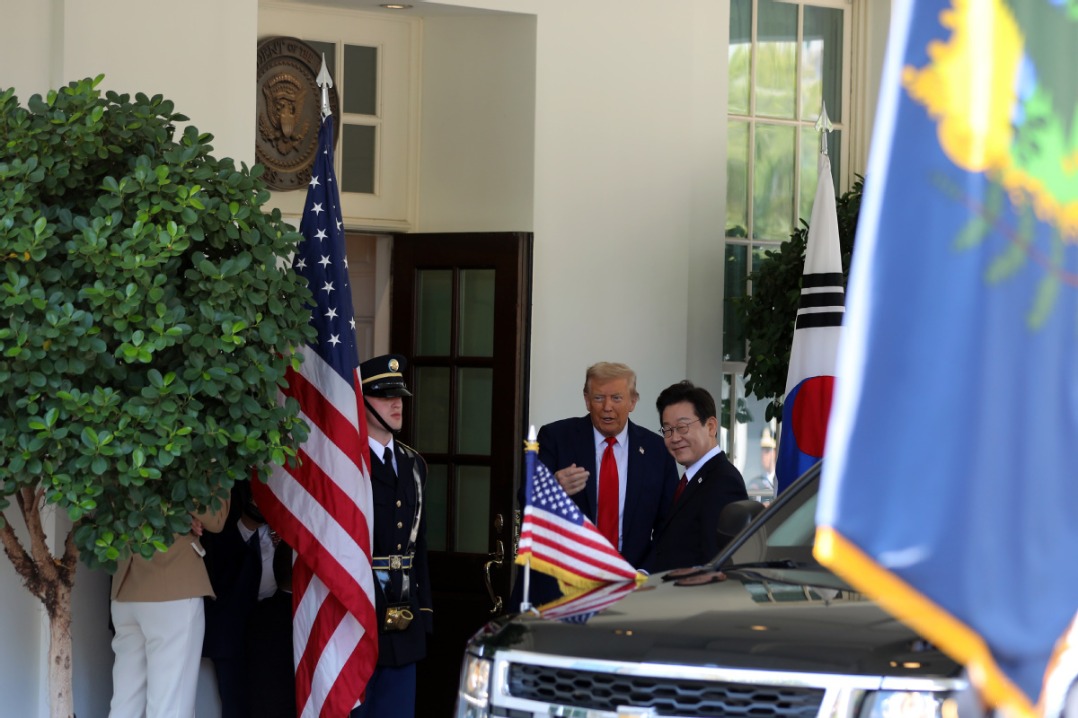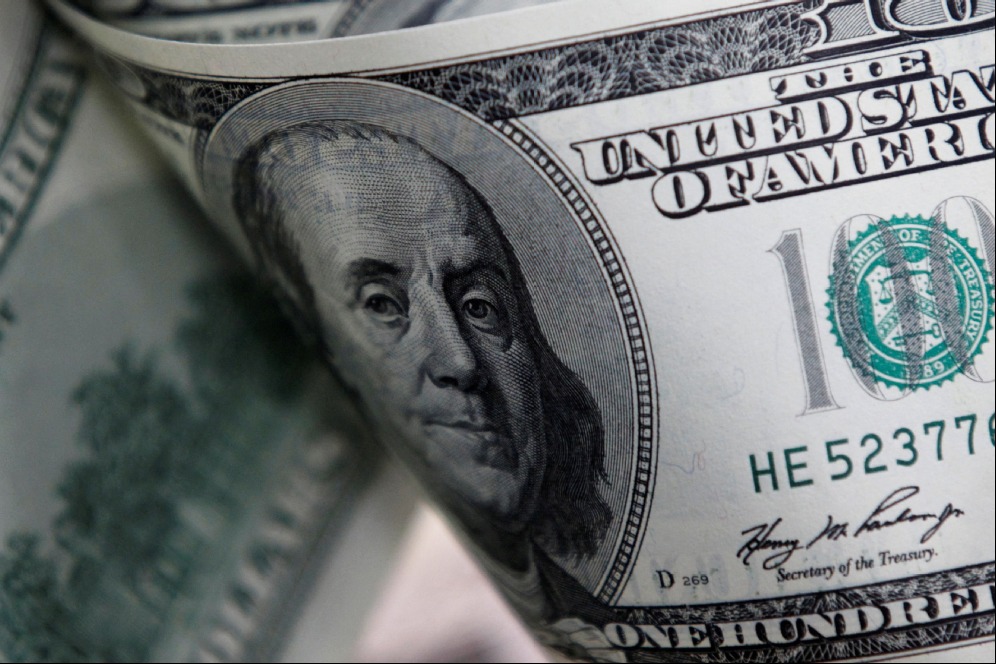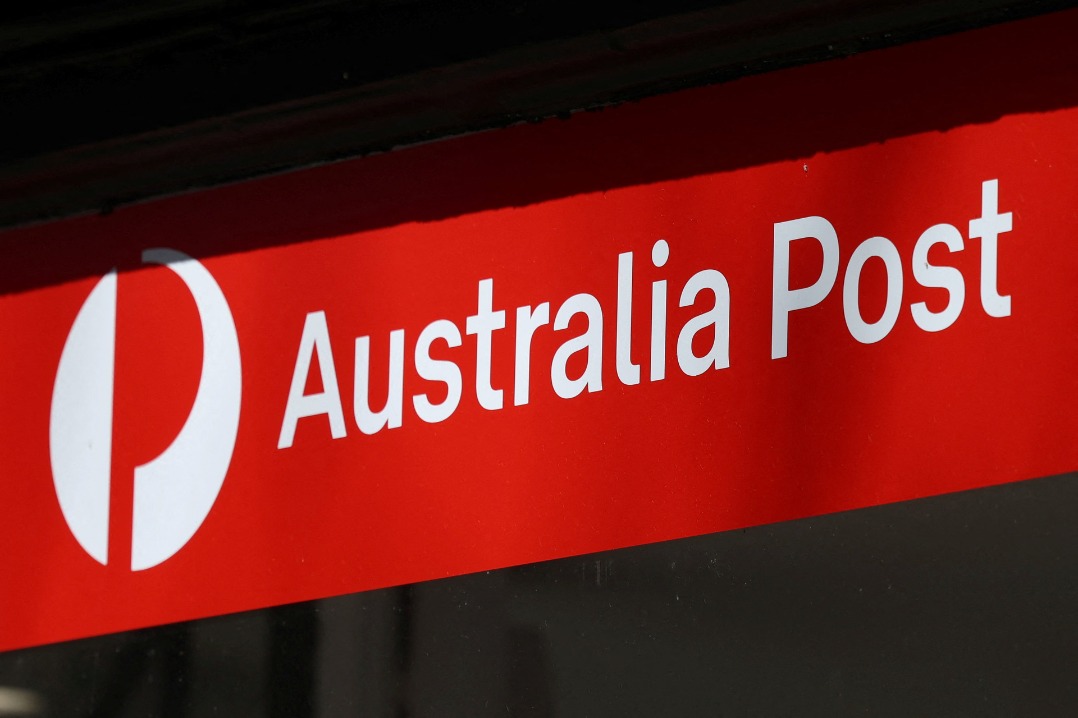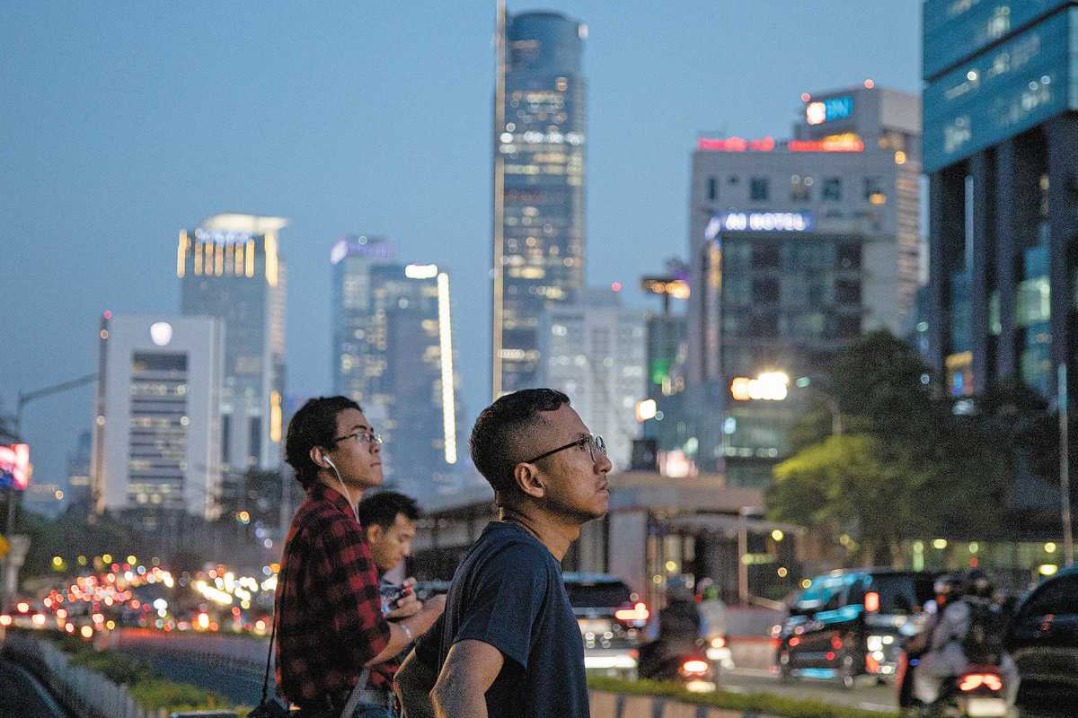US Transportation Department announces plan to take over D.C.'s Union Station

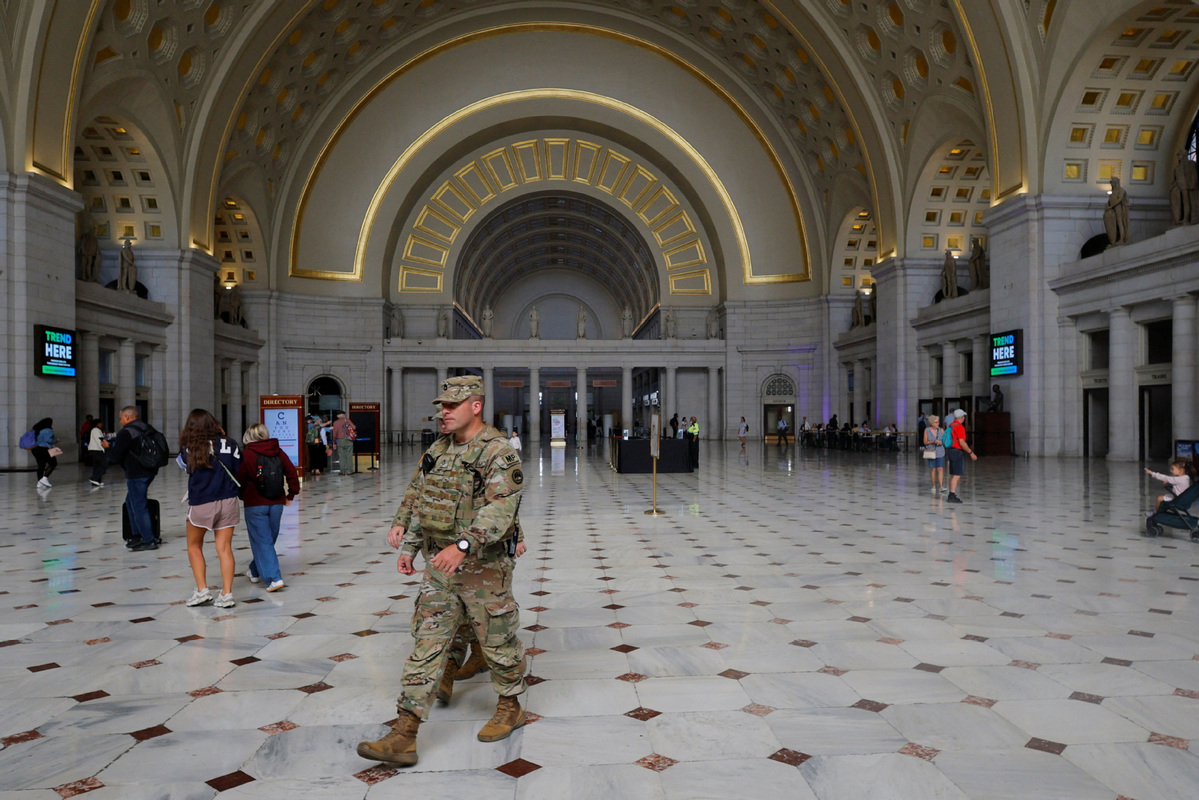
WASHINGTON -- US Transportation Secretary Sean P. Duffy on Wednesday announced that his department plans to take over the management of Union Station, a major transportation hub in the US capital.
"Instead of being a point of pride, Washington's Union Station has fallen into disrepair. By reclaiming station management, we will help make this city safe and beautiful at a fraction of the cost," Duffy said in a statement.
In the statement, Duffy also joined US national passenger railroad company (Amtrak) leaders to celebrate the launch of the new Acela trainsets, the rail service's new high-speed train.
The so-called NextGen Acela is the all-new, premium ride, running between major city centers from Washington, D.C. to New York, Boston and destinations in between, with a maximum speed of 160 miles (257.5 km) per hour, according to the Amtrak website.
The US Transportation Department has owned Union Station since the early 1980s, but its control has been steadily reduced under various agreements and leases, according to the department.
Prior to the latest announcement, the Union Station Redevelopment Corporation (USRC) controlled the parking structure but received little other revenue, "leaving far too little funding to keep the historic station in good repair."
Amtrak, however, recently acquired a sublease from USRC that will allow retail income to be reinvested back into the station's infrastructure, the department noted.
The Transportation Department is renegotiating a cooperative agreement with the USRC and Amtrak. In September, formal action confirming the department's "renewed control" of Washington Union Station is to be expected.
Duffy's announcement came just a few days after US President Donald Trump said that he wants Congress to approve 2 billion US dollars to beautify Washington D.C. as the federal government moves ahead with plans to tackle crime and homelessness in the city.
On Aug. 11, Trump announced at a White House press conference that he is deploying the National Guard to assist in restoring law and order and public safety in D.C., arguing that crime is "out of control." On that day, he deployed around 800 National Guard troops to D.C.
Six Republican-led states — West Virginia, Ohio, South Carolina, Mississippi, Louisiana, and Tennessee — later said they would each send National Guard troops to D.C., to support the president's efforts.
Such moves have drawn strong backlash from Democrats. Kansas Governor Laura Kelly, the chair of the Democratic Governors Association, recently implored her Republican colleagues to "reject the temptation to use their soldiers to reinforce a dangerous, politically motivated agenda," noting that it undermines the mission of the National Guard, wastes resources needed for "real emergencies," and "adds to the divisiveness that already threatens our United States."


















